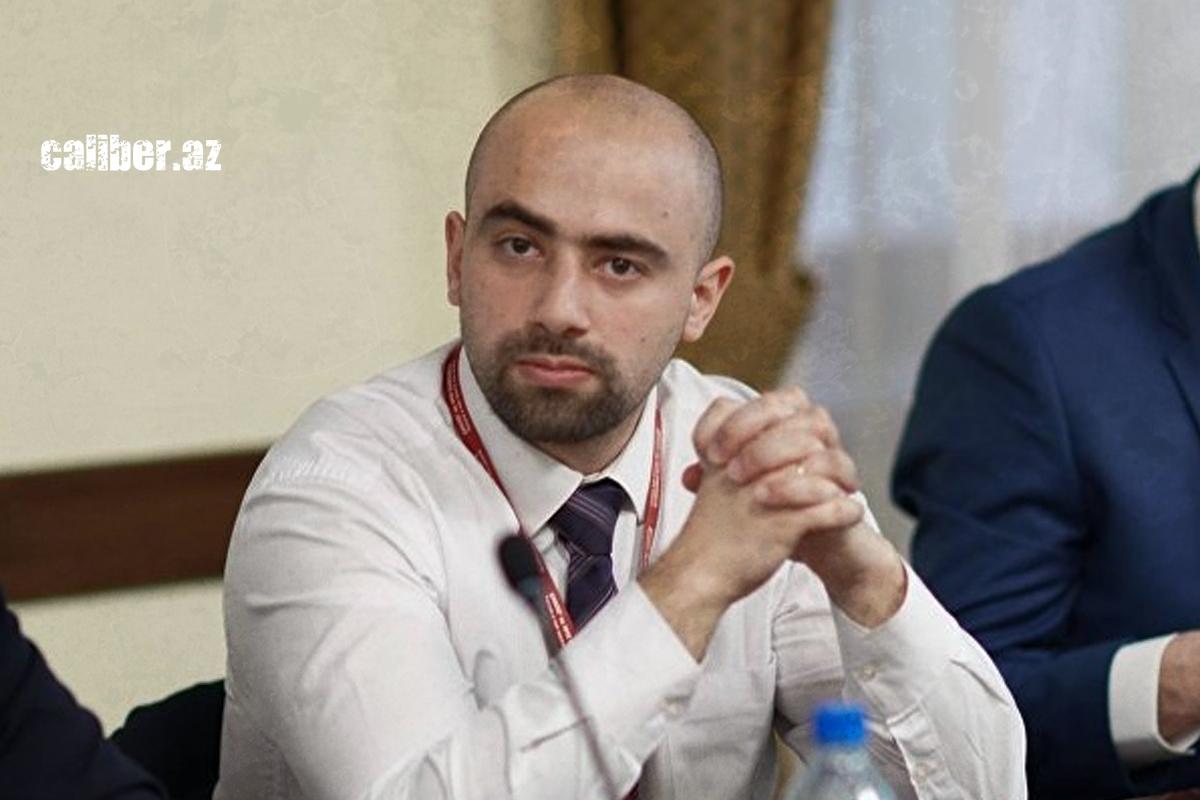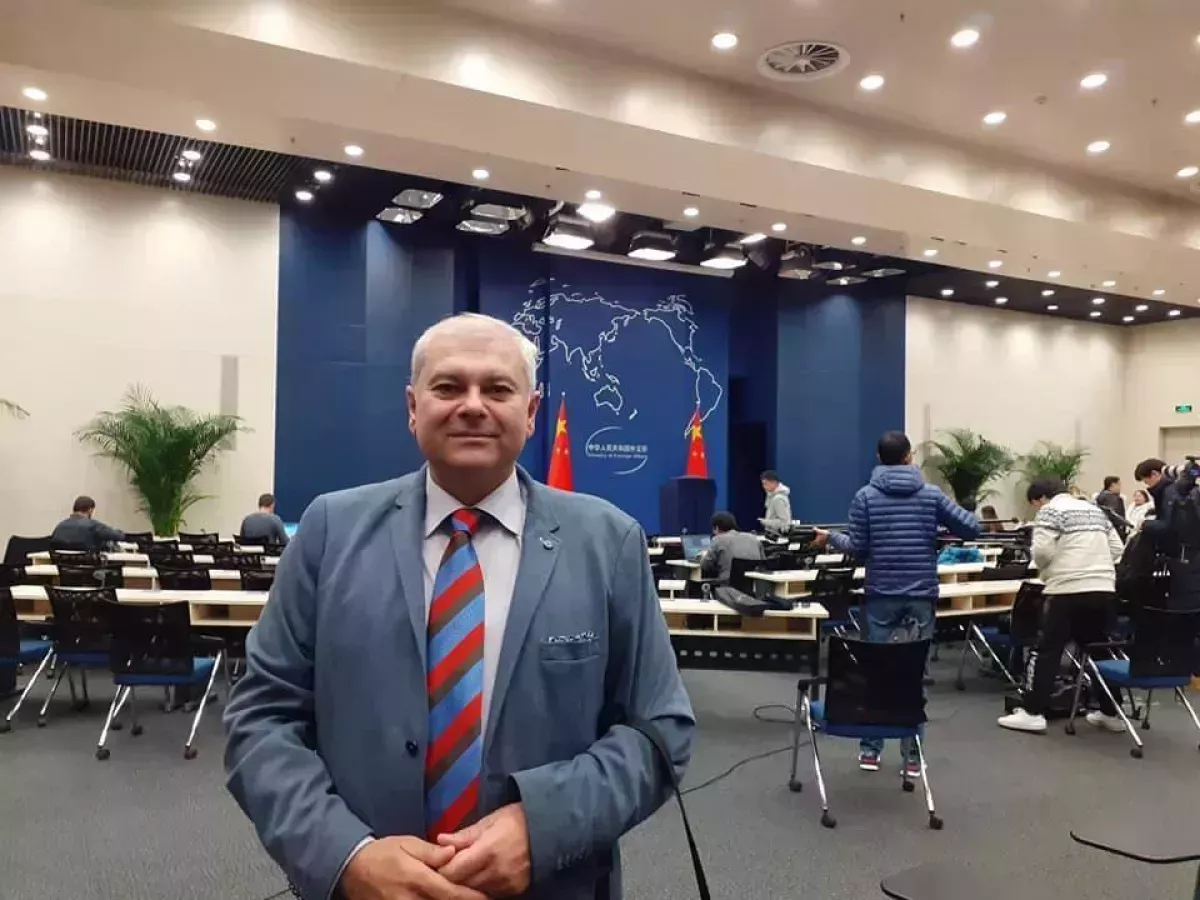PACE vs Georgia: Tbilisi refuses to be subordinated Expert opinions on Caliber.Az
"By a joint decision of the Georgian Dream team, despite the fact that our mandate has been approved, we are ceasing our work in the Parliamentary Assembly of the Council of Europe [PACE] from today," stated Thea Tsulukiani, the head of Georgia's delegation to PACE and a member of the ruling Georgian Dream (GD) party. According to Tsulukiani, quoted by Georgian channel 1TV, any reservations about the delegation's powers would amount to betraying the majority of voters and the public.
Notably, PACE voted to recognize the Georgian delegation's powers, albeit with the condition that they be suspended if the Georgian authorities fail to meet certain requirements. The issue of removing the delegation was raised by Georgia's opposition and the European People's Party, the largest political group within PACE.
In particular, in order to retain its voting rights in PACE, Georgia must immediately initiate the process of “urgently address the deficiencies and shortcomings noted during the recent parliamentary elections” and “create an electoral environment that is conducive to genuinely democratic new parliamentary elections to be announced during the coming months.”
This PACE decision highlights the crisis in European bureaucracy, responded Georgian Prime Minister Irakli Kobakhidze. He stated that the Assembly's decision with reservations regarding Georgia's membership made it impossible to continue constructive work.
"Georgia will consider returning to PACE on the condition that the offensive demands for the Georgian state are revised," he noted.
And indeed, it is interesting what goals PACE is pursuing by adopting such a resolution. Furthermore, could it not have been predicted that in response to such an affront, Tbilisi would simply suspend its activities in PACE, following the example set by Baku a year ago?
Well-known Georgian commentators shared their perspectives on this situation with Caliber.Az.

Political scientist and founder of the SIKHA Foundation research centre, Archil Sikharulidze, states that a certain part of European structures believes that Georgia can be used for their geopolitical interests.
"This impression has been created for European structures by those non-governmental organizations and local opposition groups that are totally dependent on them. Unfortunately, the elitist NGOs that are in contact with them depend on Western grants, and therefore they pass on to the West what it wants to hear. Since the opposition has lost its rating and depends on the West, these forces, unfortunately, transmit signals that do not reflect the general mood.
Even among opposition-minded individuals in Georgia, working against their own state in Europe is seen as a very, very bad move. Therefore, the PACE resolution, in my opinion, was completely detached from the general sentiments in the country—both among those who are opposition-minded and those who support the government. This is why Tsulukiani's decision was absolutely justified," says the researcher.
He raises the question: what do Western representatives aim to achieve?
"Only one thing—an increase in anti-Western sentiments in Georgia. I have repeatedly said that this policy of punishing Georgia if it behaves 'incorrectly' closely resembles the policy that Russia pursued in the early 2000s. And it was precisely because of this policy that Tbilisi actively sought ways to distance itself from Moscow. And we know how all of that ended.
So, if the West continues to impose its will on Georgia, sooner or later, even those who currently support this resolution will say that they don't particularly want to be subordinated to Europe. The goal of distancing from Moscow was to find an alternative strategic partnership, not to move from one form of subordination to another," explained Sikharulidze.

As stated by Professor of Political Science and Honoured Journalist of Georgia Badri Nachkebia, what is happening today in the relations between European political structures and Georgia indeed raises serious concern.
"On the one hand, Georgia constitutionally, as we know, affirms its commitment to the Euro-Atlantic course. On the other hand, in practice, Georgia remains on the sidelines of everything that is called European integration.
We are well aware of the reasons for this. And now, another reason has been added: the renewed pressure on Georgia to exclude it from PACE. The fact is that the actions of the head of the delegation, Tsulukiani, were indeed part of a single team's game. In this case, everyone is talking about alleged falsifications in the autumn elections, but as Georgian Ombudsman Ioseliani stated, there are no documented falsifications.
I think a compromise could have been reached with the Europeans to hold re-elections in certain districts where, according to the opposition, violations occurred. However, holding completely new parliamentary elections – this, the ruling party and the country's leadership will categorically refuse," said the professor.
The opposition's and PACE's stance is clear, he says.
"The fact that the GD won these elections is even acknowledged by the opposition. The only difference lies in the figures of the parties within it. One could say that now, the leader of the parliamentary delegation, Tsulukiani, has effectively taken a preemptive step. This is motivated by the fact that GD will not sacrifice the interests of Georgia and its voters.
However, on the other hand, we see Georgia moving even further away from the Euro-Atlantic line outlined in its constitution.
In this case, I believe the solution lies in regional cooperation, primarily in cooperation within the South Caucasus. Here, I am referring to the doctrine of the well-known public figure Zurab Khonelidze, which envisions collective efforts to create new structures in southern Georgia and further cooperation in this area. If Georgia becomes isolated, it will face great difficulty. Therefore, first and foremost, active ties with our main strategic partner, neighbour, and friend Azerbaijan should be one of the most important agenda points," concluded Nachkebia.








